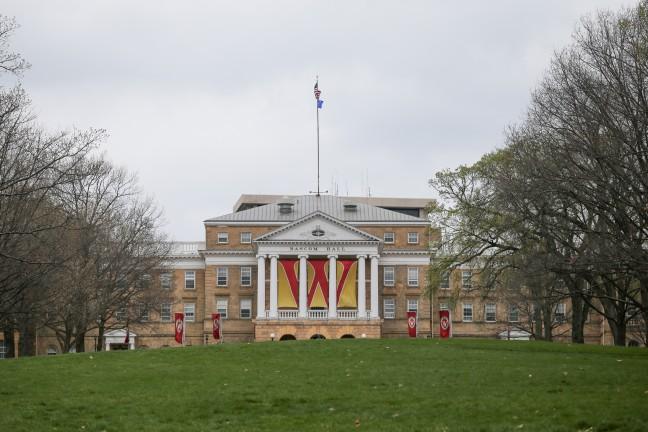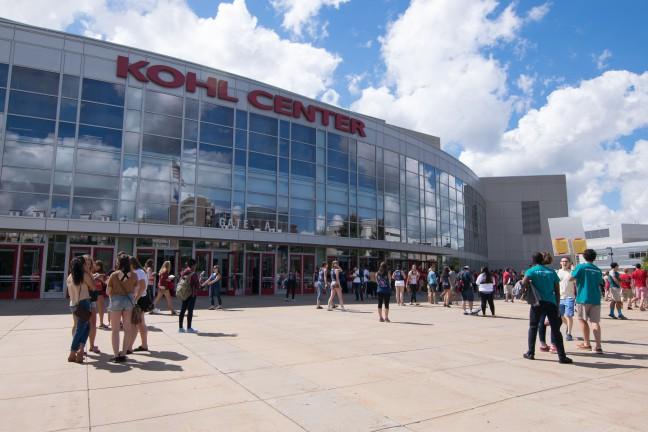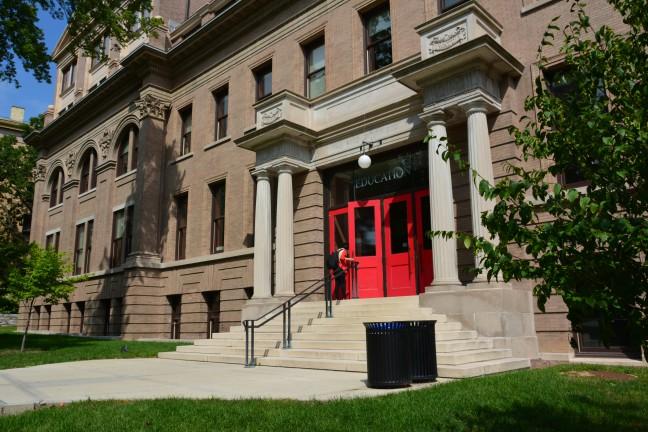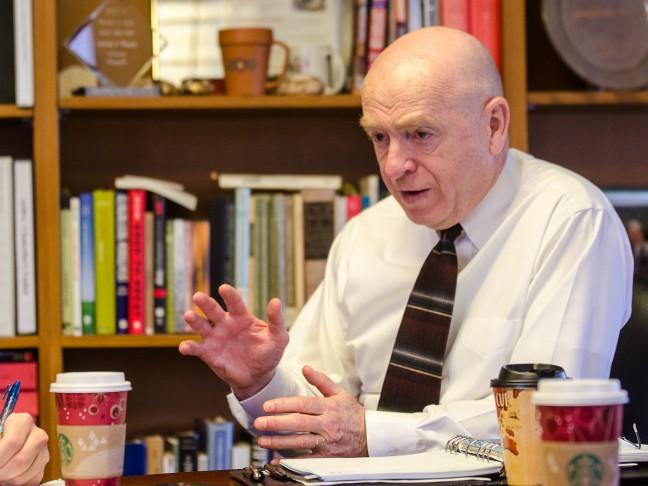
The Madison Area Technical College is looking to increase the competitiveness of their future workforce by upgrading their facilities, and they are asking taxpayers to pick up the $133.7 million tab.
Community members will have a chance to vote on MATC’s Smart Community improvement plan on Nov. 2. The plan would create new facilities, renovate older buildings and upgrade classrooms, according to Keith Cornille, MATC’s vice president of Student Development.
If passed, the plan would raise property taxes in the 12 counties where MATC is affiliated, according to a report from MATC.
In Madison, where the average home value in 2008 was $245,424, the plan would raise property taxes $33.10 per year, or $2.74 a month, according to the report.
MATC spokesperson Bill Bessette said the tax would be in place for 20 years. He added they believe the tax would decrease during the last 10 years of the plan.
Ellen Foley, executive assistant of Community Development and Communications, said students at the University of Wisconsin have a stake in the development because there is a symbiotic relationship between the university and MATC.
Foley said 600 MATC students transfer to UW a year and more than 500 students who receive their bachelor’s degree from UW go to MATC for additional job training after they graduate.
Foley added many MATC graduates work at the university, especially in places like the UW Research Park.
Cornille acknowledged there are limits on how much tax payers can afford right now, but he said this is the best time to be expanding the school.
“We cannot wait for the economy to get better, because [students] have to be trained for when the economy recovers,” Cornille said.
Cornille said they are focusing on three areas where they know jobs will be available, including health services, protection services, transportation and green manufacturing.
He added they know they have to train workers and provide them with skills to succeed in the future, but technology has changed a lot in the world since many of their facilities were built.
Cornille used the example of their car maintenance and service facility, which was built in the ’70s, as not being equipped to train students on the new technology they will see in the real world.
“Who would have thought in the ’70s we would have hybrid vehicles”? Cornille said. “You need people to be able to repair and service those vehicles.”
The improvement plan, Cornille said, will improve the whole area around the Capitol by providing a highly trained work force and state of the art facilities, which will be critical for the state moving forward.
“I keep asking myself what is going to drive the economy, and I keep coming back to Madison. The future of where Wisconsin goes is going to come from this part of the state,” Cornille said.
If the referendum is passed, MATC hopes to begin construction next July and be finished with all of the projects within three to five years, according to Roger Price, MATC’s vice president of Infrastructure Services.

















